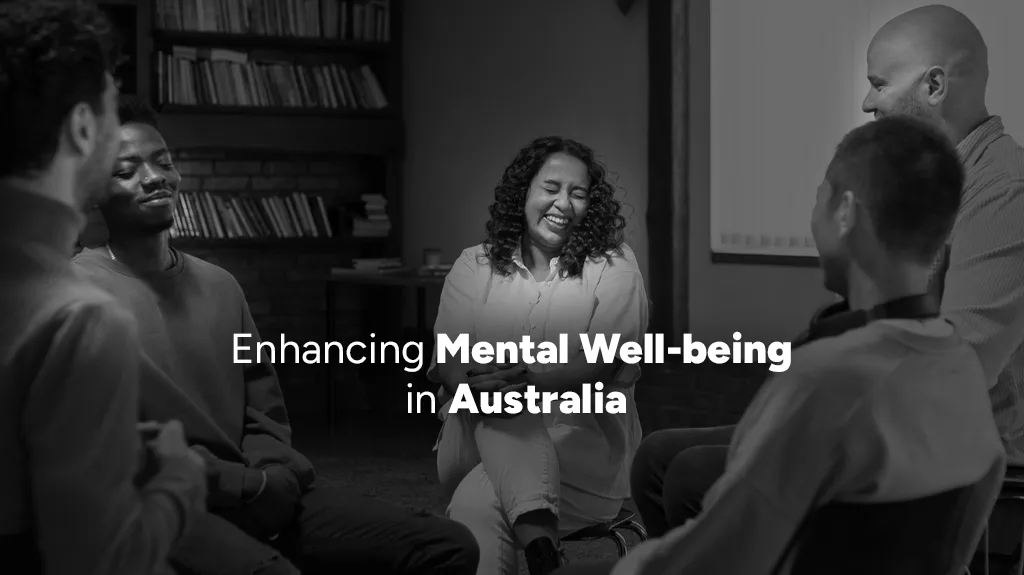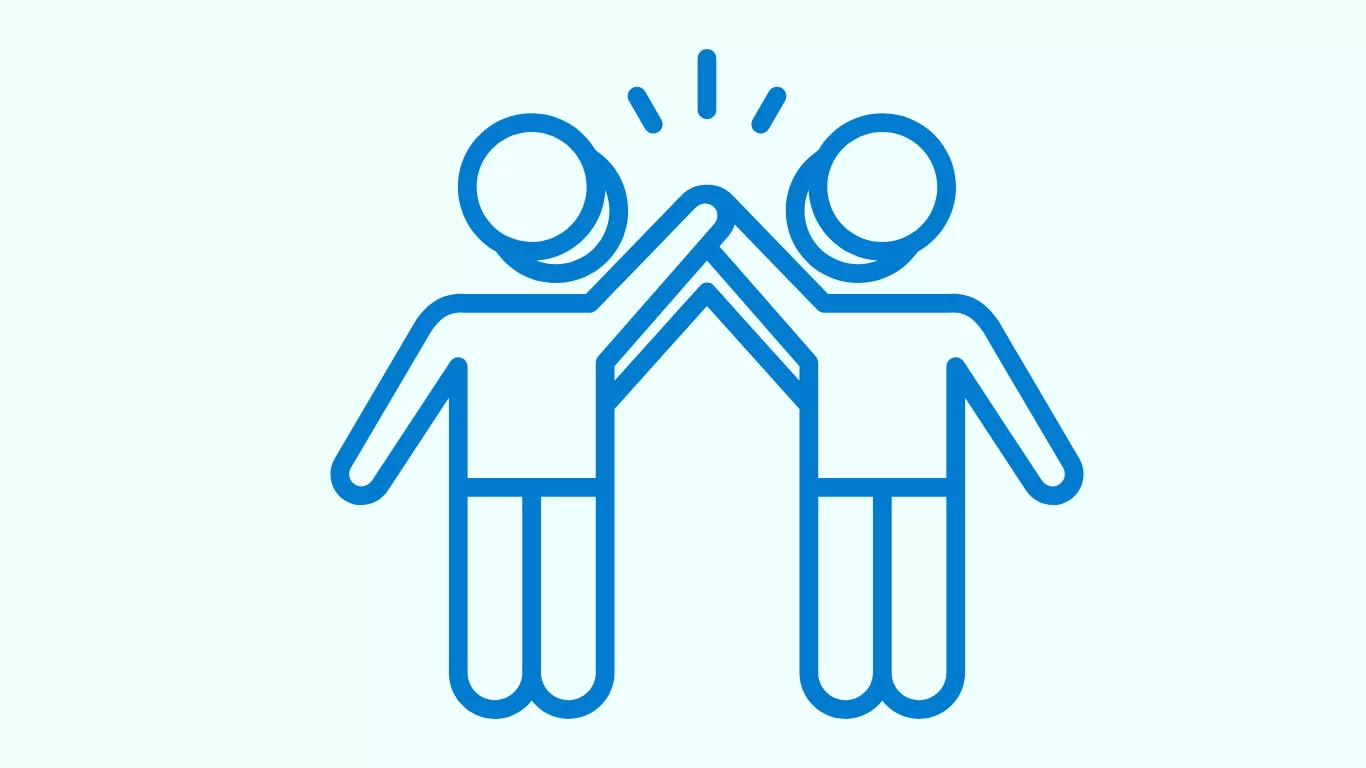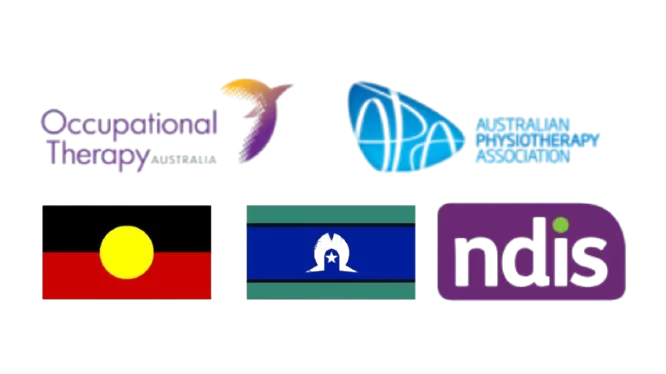The Role of Integrated Healthcare in Enhancing Mental Well-being in Australia
Summary
Integrated healthcare has become a cornerstone of effective mental health care, particularly in Australia, where a growing population struggles with mental health challenges such as anxiety, depression, and disabilities. This service model ensures collaboration across various healthcare disciplines to address physical, emotional, and cognitive well-being under one roof.
Affective Health Services epitomizes the integrated healthcare approach by offering psychological services, occupational therapy, speech therapy, physiotherapy, and tailored NDIS support. This article explores the vital role of integrated healthcare in enhancing mental well-being and demonstrates how it meets the needs of Australians while improving accessibility and outcomes.
Introduction to Integrated Healthcare
What is Integrated Healthcare?
Integrated healthcare is an approach that unites various medical and therapeutic services to deliver holistic and person-centered care. It emphasizes collaboration between healthcare providers across specialties—such as mental health professionals, therapists, and physical health experts—to create seamless care plans for individuals with complex health needs.
By addressing the entire spectrum of a patient’s emotional, mental, and physical well-being, integrated healthcare helps people achieve better long-term health outcomes. This model is particularly valuable for individuals who face intertwined challenges such as mental health disorders, disabilities, and chronic illnesses.
Why is Integrated Healthcare Important?
In Australia, access to quality healthcare often involves navigating through disconnected service providers, which can create barriers for individuals requiring consistent and comprehensive care. Integrated healthcare bypasses these challenges by promoting teamwork among professionals and offering services under one roof. This approach streamlines treatments, reduces duplication of efforts, and tailors care to address every aspect of the patient’s life.
Services Offered by Affective Health Services
Affective Health Services exemplifies the integrated healthcare model through its expansive range of multidisciplinary programs, all designed to foster well-being and improve quality of life. Here are some of their notable offerings:
1. Psychology Services
Psychology is at the heart of mental well-being, and Affective Health Services provides treatments tailored to individual needs. Psychologists deliver services such as individual therapy, couples counseling, and family therapy to address a broad range of mental health issues, including anxiety, depression, PTSD, and stress management. Additionally, specialized psychological assessments are conducted to identify specific challenges and create effective treatment plans.
2. Occupational Therapy
Occupational therapy supports individuals in developing or regaining life skills that empower them to live independently. This is a critical service, especially for those who experience difficulty performing daily activities due to mental or physical health challenges. Therapists at Affective Health Services work with clients to set tangible goals such as gaining employment, improving motor skills, or fostering social inclusion.
3. Speech Therapy
Speech therapy is instrumental for individuals facing communication difficulties, either due to developmental delays, neurological conditions, or disabilities. Affective Health Services provides speech therapy across all age groups, ensuring that clients can effectively express themselves and engage with others.
4. Physiotherapy
Through physiotherapy, Affective Health Services addresses the physical aspects of health-related issues such as chronic pain, injuries, or motor coordination challenges. Physiotherapists collaborate with other health professionals to align treatment goals with overall mental and physical well-being.
5. NDIS Support
The National Disability Insurance Scheme (NDIS) is integral in empowering Australians with disabilities. Affective Health Services collaborates with its sister organization, Affective Care, to deliver customized support packages, including therapy, skill-building, and care coordination. This comprehensive support fosters greater independence and community involvement for individuals under the NDIS.
Benefits of Integrated Healthcare
Integrated healthcare holds several advantages over traditional fragmented systems. Let’s explore how this model significantly impacts mental health and well-being in Australia.
1. Comprehensive and Holistic Care
One key benefit of integrated healthcare is that it considers the whole person rather than focusing on isolated symptoms or conditions. For instance, a person experiencing depression may also struggle with their physical health or communication skills. Integrated care brings together psychologists, physiotherapists, and speech therapists to create a well-rounded, tailored care plan.
2. Accessibility and Convenience
The multidisciplinary model offered by services like Affective Health Services ensures that all the care someone needs can be accessed in one location. This eliminates the need for clients to schedule multiple appointments with different providers in various locations, reducing stress and improving adherence to treatment.
3. Improved Communication Among Providers
In integrated healthcare, professionals work in unison to optimize client outcomes. For example, a psychologist and an occupational therapist can coordinate to develop strategies that address both a client’s cognitive challenges and their ability to work or perform daily tasks. This cooperation reduces miscommunication and prevents redundant or conflicting care.
4. Personalized and Proactive Treatment
Integrated healthcare focuses on crafting care strategies that are fit for individual requirements. Clients receive personalized solutions instead of generic, one-size-fits-all treatments. Moreover, this model allows proactive interventions, helping prevent minor issues from escalating into significant health challenges.
Statistical and Factual Data on Mental Health in Australia
Mental Health Challenges in Australia
- Prevalence: Nearly one in five Australians (approximately 4.8 million people) experience a mental health condition annually, with anxiety and depression cited as the most common issues.
- Lifelong Impact: About 45% of Australians will experience a mental health condition at some point in their lives.
- Support Gap: Despite these alarming statistics, many Australians do not access the support they need due to barriers like cost or stigma.
The Role of the NDIS
- Over 500,000 participants are actively benefiting from the NDIS, many of whom require an integrated approach to care. The scheme has enabled individuals to access essential therapies, assistive technologies, and support systems that enhance independence.
By integrating services like those provided by Affective Health Services, clients can fully utilize the NDIS’s potential to improve their overall quality of life.
Conclusion
Integrated healthcare is transforming how mental health and disability services are delivered in Australia. By fostering collaboration among a network of healthcare providers and offering a range of services under one roof, organizations like Affective Health Services are addressing both the mental and physical well-being of their clients.
As Australia continues to grapple with widespread mental health challenges, integrated healthcare systems not only provide immediate relief but also promote long-term wellness and community engagement.



















